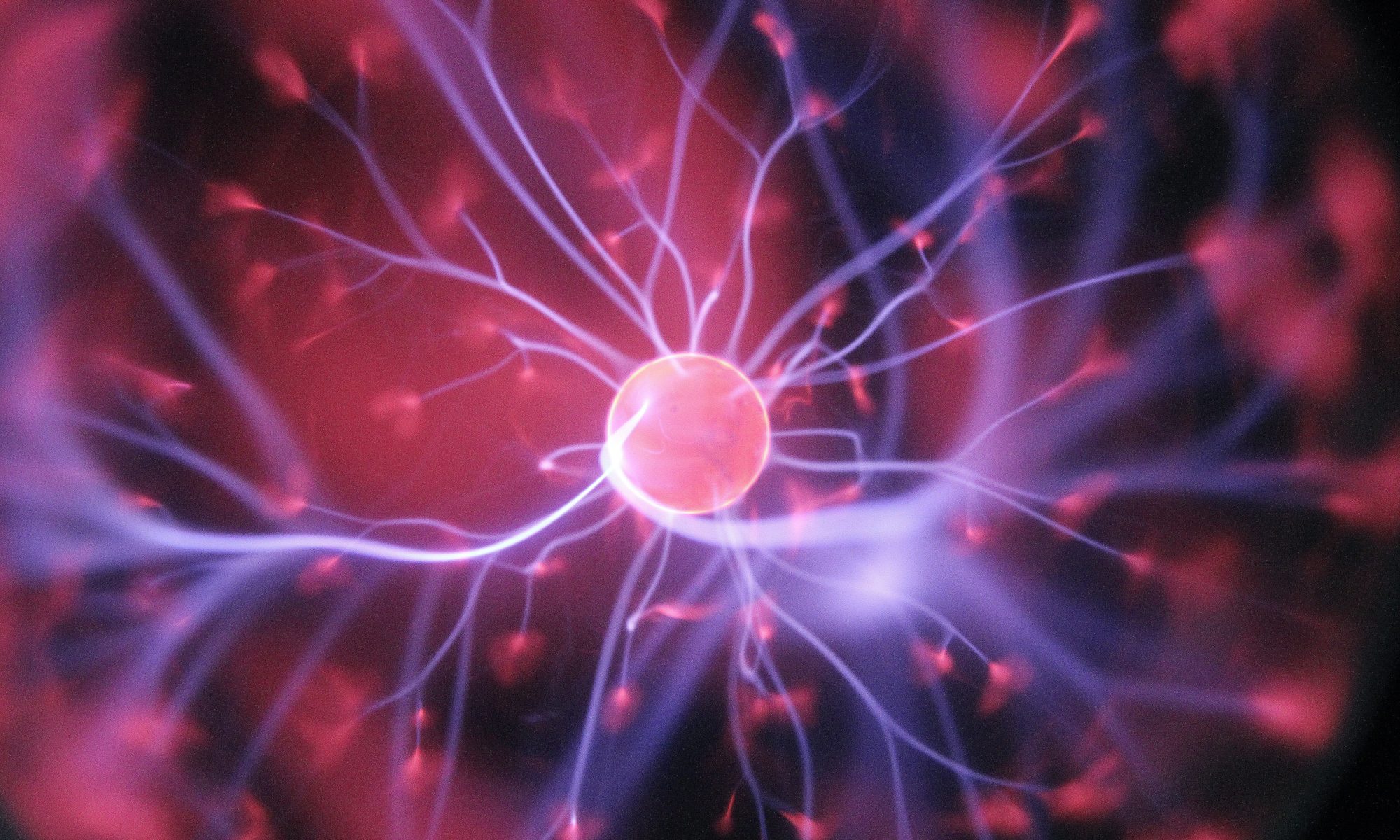It’s free! No, actually, it’s more than free as you will find out why.
The human body is a wonderful thing, able to adapt to multiple insults on a daily basis. It the result of cooperation between 30 trillion cells supposedly governed by a lump of fatty tissue encased in a dome protected by set of bones called the skull. Or is it really “the boss”? It appears that the brain does not have exclusive command. There is what is called the gut-brain axis familiar to us by phenomena such as “butterflies” in your stomach or why we sometimes feel nausea when facing a stressful situation. It turns out we are sensitive to signals from bugs in our digestive system and a dysbiosis or imbalance of good and bad microbes in our gut have been linked to anxiety and depression. Chronic or long-term intestinal maladaptation has been linked to autoimmune conditions such as multiple sclerosis, Hashimoto’s disease, lupus erythematosus and rheumatoid arthritis among others.
“In pathologic conditions, the permeability of the epithelial lining may be compromised allowing the passage of toxins, antigens, and bacteria in the lumen to enter the blood stream creating a “leaky gut.”
it is hypothesized that modulating the gut microbiota can serve as a potential method for regulating intestinal permeability and may help to alter the course of autoimmune diseases in susceptible individuals.”
https://www.ncbi.nlm.nih.gov/pmc/articles/PMC5440529/
Alright, what does the gut have to do with a free stem cell treatment? Just bear with me while I try and make the connection clearer.
Give the gut a rest and let your body do the rest.
Yoshinori Ohsumi – winner of the 2016 Nobel Prize in Medicine for describing the mechanism behind autophagy (literally “self-eating”) or the way that our cells recycle components, getting rid of damaged bits and pieces to use them for energy in times of starvation.
“Autophagy is active in all cells and can be upregulated in response to stress or nutrient deprivation. Induction of autophagy not only facilitates the degradation of damaged cellular components but also provides the cell with molecular building blocks and energy.
Autophagy is now known to play a role in many diverse disease processes including cancer, neurodegeneration, aging, autoimmune diseases like Crohn’s disease and rheumatoid arthritis, heart disease and infection. “
https://www.ncbi.nlm.nih.gov/pmc/articles/PMC3539742/
Dr. Valter Longo has been studying the effects of calorie restriction, intermittent fasting, and fasting mimicking diets on longevity and for the prevention of autoimmune diseases and immunosenescence. In his study he concludes:
“We are now just beginning to understand the complex connections between metabolism and the regulation of T cells in relation to autoimmune diseases development and progression. In the development of novel therapeutics for autoimmune disorders, targeting T cell metabolism by dietary interventions provides an alternative way to control T cell fate and function
“CR (Calorie restriction) or various other dietary restrictions and particularly relatively long-term fasting, or FMDs (Fasting Mimicking Diet) cycles followed by refeeding appear to decrease the biological rate of aging and promote anti-inflammatory effects, and may contribute to alleviate and possibly reverse a variety of autoimmune disorders as well as immunosenescence by killing old and damaged cells and replacing them with young and functional ones. “
https://www.ncbi.nlm.nih.gov/pmc/articles/PMC5862044/
Ok, finally, I come to my point. Not only does intermittent fasting boost stem cell regeneration, thereby delaying the effects of aging, it costs nothing and even saves you time and money you spend preparing and eating food from time to time.
“This age-related loss of stem cell function can be reversed by a 24-hour fast, according to a new study from MIT biologists. The researchers found that fasting dramatically improves stem cells’ ability to regenerate, in both aged and young mice.
In fasting mice, cells begin breaking down fatty acids instead of glucose, a change that stimulates the stem cells to become more regenerative. “
http://news.mit.edu/2018/fasting-boosts-stem-cells-regenerative-capacity-0503#

